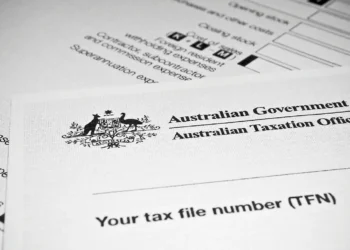It was with an undoubted sense of pride that Philippine gaming regulator PAGCOR announced in August that licensed electronic games (eGames) operators had contributed Php69 billion (US$1.2 billion) in license fees in the first seven months of 2025 alone.
The figure, representing more than 50% of all gaming industry revenues for the period, highlights the regulator’s growing dependence on domestic online gaming, particularly given a recent decline in land-based revenues on lower visitation from South Korea and China.
It begs the question: is PAGCOR addicted to online gambling? The answer is yes – but it’s a lot more complicated than that.
PAGCOR operates under a unique model. Founded in 1977 under Presidential Decree 1067-A, its charter is to both regulate and centralize gambling operations and to curb illegal gambling, but also – importantly – to generate revenue for national development.
It is in this last role, as a contributor to national coffers, that PAGCOR has evolved to become critically important. As of 2025, it stands as the second largest government-owned contributor of funds, behind only Land Bank of the Philippines, and as such the agency is central to what is commonly known locally as “nation-building”.
That PAGCOR should adopt somewhat of a revenue-driven focus is therefore not particularly surprising.
What warrants a deeper examination is the perception that the Philippines’ eGames industry has experienced massive growth over the past three years. As one panelist at the recent IAG Academy Summit in Manila asked, “Has the industry actually grown? Or are we simply witnessing a transfer of revenues that once existed in the black market into the legal one?”
It’s an important differentiator, because promotion of gambling to an audience that has never experienced it before is very different to providing alternatives which offer guardrails that previously didn’t exist.
It has been estimated by some that licensed operators now generate around 50% of the Philippines’ domestic online gaming revenues, up from less than 10% previously, and with more positive impact in that regard to come.
So, perhaps the greatest threat to vulnerable individuals is not the so-called “growth” of Philippines’ licensed eGames operators but instead moves to lessen their visibility, such as the removal of links from e-wallet platforms GCash and Maya. A Pyrrhic victory it seems, and one that illegal operators will be celebrating with glee.






























